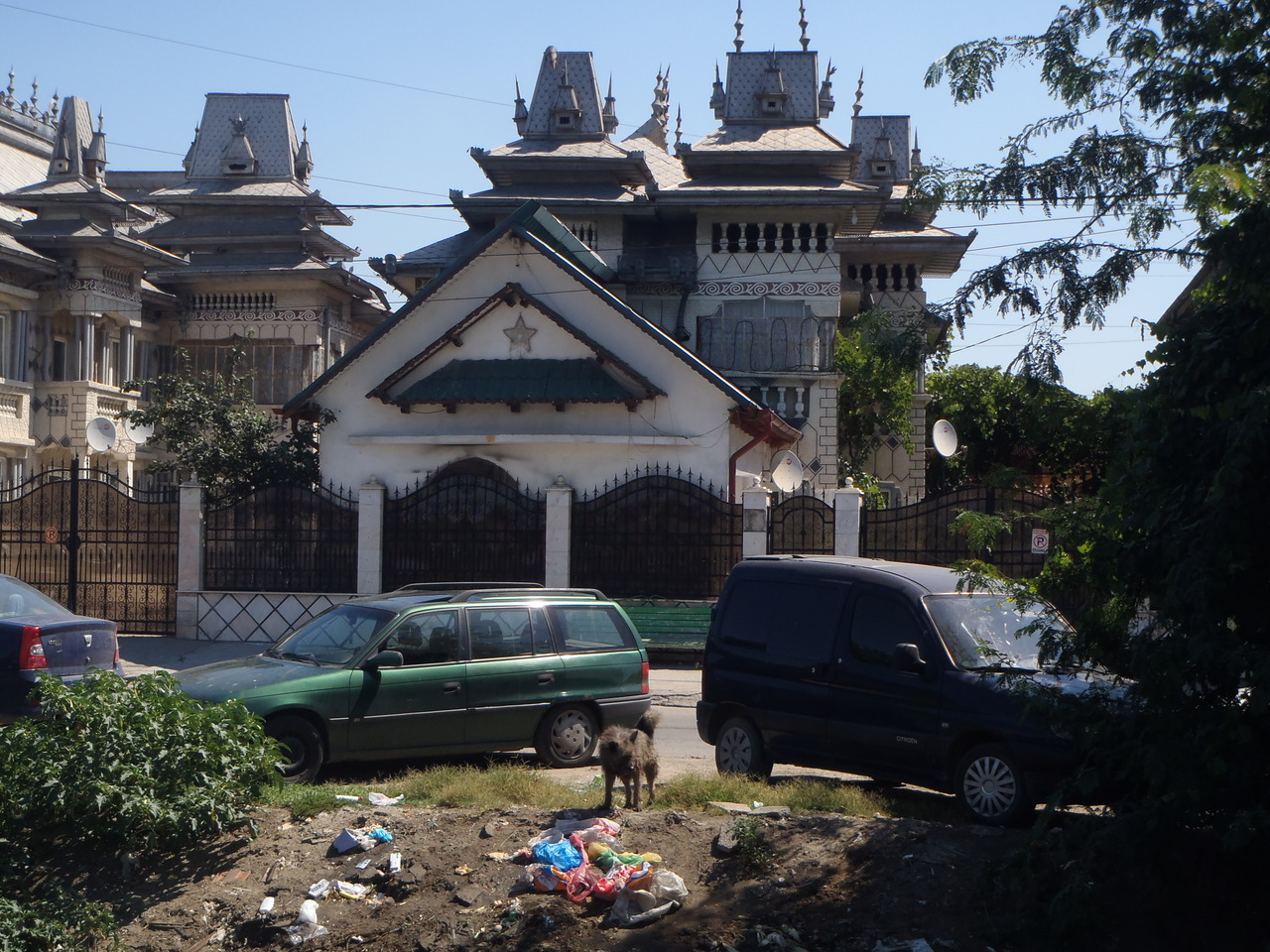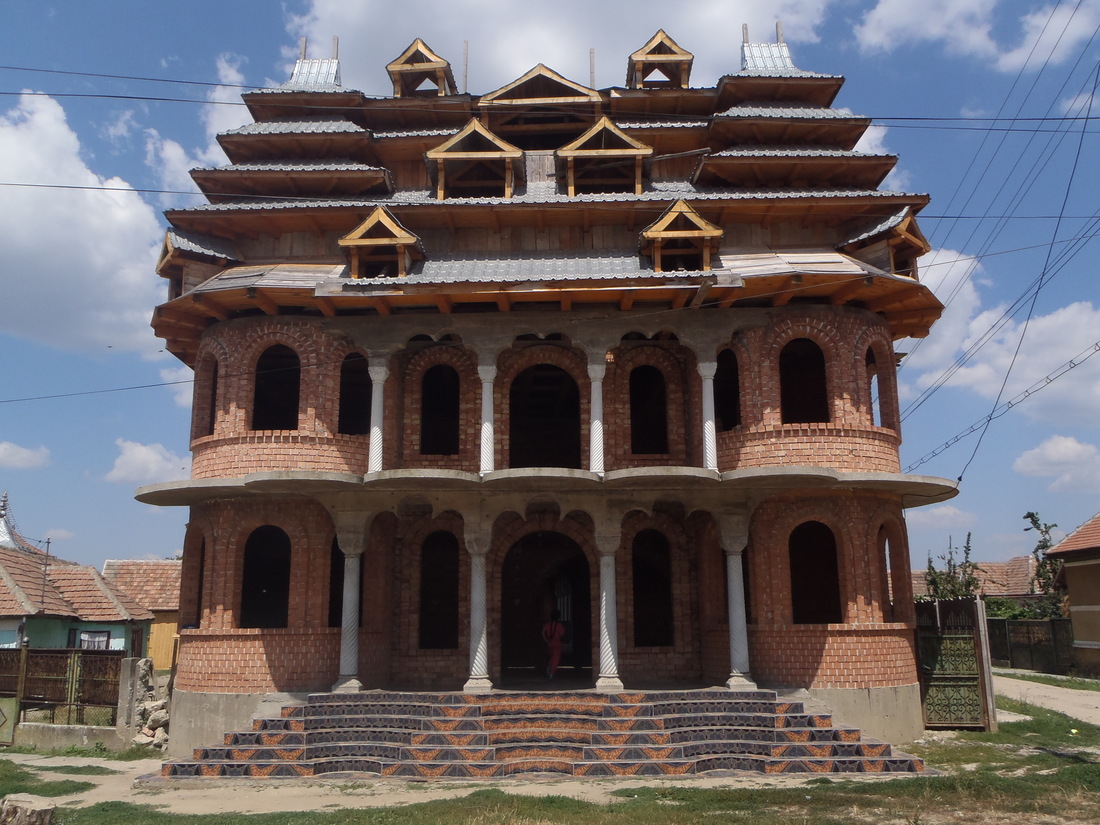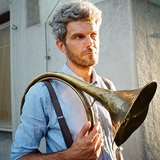Throughout the recent years, while doing recordings in abandoned church-organs in Transylvania, I used to stay in a house in the village of Brateiu, which nowadays is mainly populated by a group called Cortorari (meaning those living in tents), or the Căldărari Coppersmiths as they call themselves. They are one of the few Transylvanian Roma groups that kept their traditional clothings, with older men wearing a long beard and women a flowery skirt and a headscarf. They mainly earn their living by doing copper works with a high degree of precision, by designing entire roofs with a similar copper architecture as I encountered in the southern Himalaya around the valleys of Kullu and Kalpa, opening towards the Indian Subcontinent. In the village of Brateiu, the Cortorar’s main income is crafting the legendary cazan– a high precision instrument to distill the essence of rotten fruits like plum and apricot. These truly beautiful objects are made entirely out of copper by using heat and hammer. Alien objects with a handcrafted character of their own. Throughout the artisans parts of the village a polyphony of rhythmic hammering is dancing with the birds along some Manele tunes (wedding dance music made by modern means). People from all over Romania come to buy these Instruments distilling the Essence of Things. The polyphonic structure of hammering showed similarities to the scape of the metal artisans quarter in Aleppo, Syria, where I used to record some years before.
From a European perspective it was the Roma communities keeping musical abilities through oral traditions, more than any national and composed tradition could have ever done. The traded game of sound without any fixed rules is dating back to early Hungarian court music, Ottoman traditions and beyond – merging them with European dance traditions and classical skills to form a ritual form for weddings and other formal gatherings. Haydn, one of the known grandfathers of Western music, teacher of Beethoven and Mozart, learnt himself from Roma families in regions of nowadays bordering Austria, Hungary, Slovakia. At least that's what he wrote about his motives.



